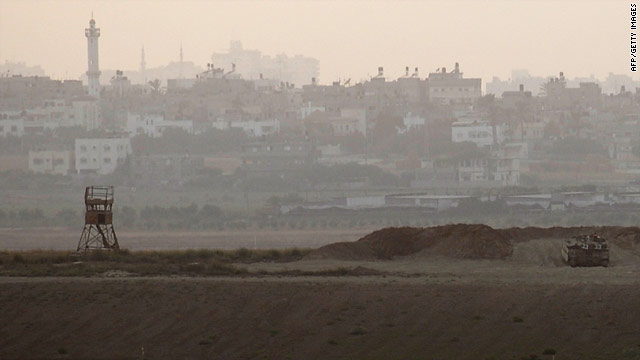By Zach Waksman
Impunity Watch Reporter, Middle East
DAMASCUS, Syria – Ali Farzat, one of the most popular political cartoonists in the Middle East, was brutally attacked by masked gunman early yesterday morning in Damascus. The gunmen, suspected to be members of Syria’s security forces, pulled the 60-year-old from his car and beat him, focusing their blows on his arms. Farzat, who has since been brought to a hospital and is recovering from his injuries, suffered two broken fingers on his left hand, a fractured right arm, and a bruised left eye.

This attack is among the latest in Syria, whose embattled president, Bashar al-Assad, has spent the last several months using security forces to crack down on dissenters. Earlier this week, the United Nations called for further investigation into the crackdowns, which may constitute crimes against humanity. But President Assad has continued to stand firm, calling the protesters terrorists whose crushing was necessary to protect the country.
The attack on Farzat indicates a new level of paranoia by the Assad regime. Even before yesterday, fans could only access his cartoons on his private website because Syria had banned their appearance in local newspapers. His popularity is derived from his willingness to skewer leaders across the Middle East, including former Iraqi President Saddam Hussein and Colonel Muammar Gaddafi, the head of the Libyan government. During Farzat’s 40 year career, his work has emphasized the “mismatch between rhetoric and reality in the Arab world,” as described by BBC Arab Affairs analyst Sebastian Usher. These drawings have generally used generic government officials, but his work over the past few months has directly attacked Assad. One of his most recent drawings depicted the Syrian leader carrying a suitcase while trying to get a lift from Gaddafi, who is driving a getaway car. These criticisms came in spite of a ban on caricatures of Assad’s face.
Ayad Sharbaji, a friend of Farzat’s who visited him in the hospital, told the New York Times what Farzat recounted from the beating. “They told him as they were burning his beard, ‘We’ll see what you will draw from now on. How dare you disobey your masters?’”
Usher considered the attack a sign that Farzat’s cartoons had “hit home and that the authorities’ tolerance for dissent is touching zero.”
Activists were concerned by this attack. “What happened to Ali Farzat today scared us,” said an activist from Homs, who wished to be identified only by her first name, Sally. “But it’s only a proof of how desperate the regime is. It shows how frightened they are and proves that they are losing control.”
The United States was quick to respond with a statement from the State Department. Spokeswoman Victoria Nuland, issuing the statement, called Assad’s repeated promises of reform a series of “empty promises about dialogue with the Syrian people.” Continuing further, Nuland reiterated the U.S.’s stance that Syria should promptly cease its attacks on dissenters against the Assad regime.
SANA, Syria’s official news agency, also reported the assault. In a press release, the agency said that Farzat’s attackers were “veiled people.” It concluded that “Authorities concerned are conducting an investigation” of the incident.
For more information, please see:
Al Jazeera — US condemns Syria political cartoonist attack — 26 August 2011
SANA — Caricaturist Ali Farzat Attacked by Veiled People — 26 August 2011
BBC — Syria unrest: Famed cartoonist Ali Ferzat ‘beaten’ — 25 August 2011
New York Times — Political Cartoonist Whose Work Skewered Assad Is Brutally Beaten in Syria — 25 August 2011
Impunity Watch — Assad stands firm against pressure to step down, new investigation of violence in Syria — 23 August 2011


